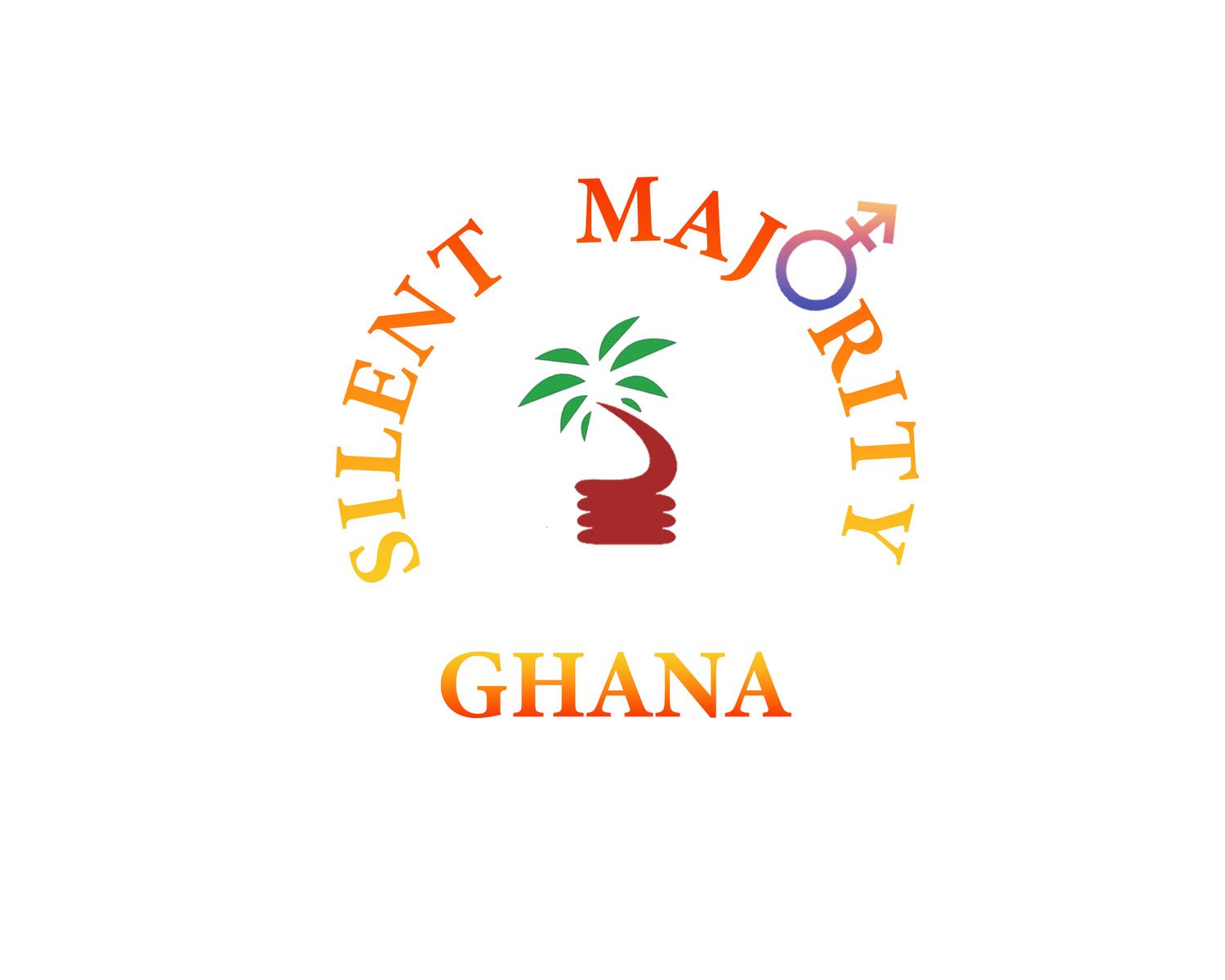Popular Education
The SMG curriculum explains how the organization deploys terms such as queer, feminist, and collective organizing, while giving participants an opportunity to apply these ideas to how they will go about the work of fighting for queer freedom in Ghana and the United States. Through popular education sessions, participants will be introduced to indigenous (including Akan, Ga, Dagara, Ewe, etc.) ideologies of gender and sexual ideas and conceptualize ways of learning from the past to improve upon the postcolonial present. This pedagogy is rooted in Sankofa, the Akan proverb that reminds us of the value of learning from the past.
Learn about the context of homophobia in Ghana by clicking through the links below.
Political | Media | Religious
Don’t forget to check out these inspiring stories of family acceptance from Silent Majority Ghana members.
An Overview: Government, Media, and Religious Homophobia in Ghana
On 17 February 2021, during the vetting of Adwoa Safo, the nominee for the Ministry of Gender, Children and Social Protection, Mahama Ayariga the MP for Bawku Central asked whether lesbian, gay, bisexual and transgender people are human. The question, accompanied by laughter in the background, made a mockery of queer lives and denied the humanity of a group of Ghanaians. As shown in the video, in response, the minister-designate referred to vague colonial code against “unnatural carnal knowledge” and sided with parliament in refuting the humanity of queer Ghanaians. In a follow up, Afenyo Markin, MP for Effutu inquired whether the minister-designate believed therefore, that LGBT+ Ghanaians deserved protection from discrimination, harrasment, and physical violence. The implication of this question being that queer Ghanaians should not expect government protection from harm. This recent incident is illustrative of the various ways that the Ghanaian government terrorizes queer Ghanaians.
In traditional news media, the freedoms entitled to all Ghanaians is presented as a point of debate when discussing queer Ghanaians. Many of these media discourses have culminated in heightened harassment, death threats, and threats of physical violence toward queer and transgender Ghanaians.
Similarly, religious leaders have also advanced vitriol against LGBT+ Ghanaians, denying their humanity and advocating violence in the form of advocating conversion therapy, encouraging parents to reject their children, and pushing communities to expel their queer members.
Despite government, media, and religious hostility toward LGBT+ Ghanaians, there has been broader queer and trans organizing in Ghana over the years. The hard work and perseverance of queer Ghanaians has contributed to building community, sharing resources, and working toward freedom and justice for queer and trans people. This community organizing has created spaces of refuge in the midst of systemic violence and disenfranchisement faced by the community.
Silent Majority, Ghana provides a learning and activist community where Ghanaians in the diaspora can gain the tools to fight against political, religious, and cultural homophobia and organize in solidarity with queer Ghanaians back home.

